Chicago in crisis
The "City of the Big Shoulders" is buckling under the weight of major racial, political, and economic burdens. Here's everything you need to know.

The "City of the Big Shoulders" is buckling under the weight of major racial, political, and economic burdens. Here's everything you need to know:
What's wrong with Chicago?
For all its wonders — arts, jazz, classic architecture, a thriving restaurant scene, deep-dish pizza — the nation's third-largest city is riddled with dysfunction. Chicago is "a fiscal basket case," says urban analyst Aaron Renn, with a lower credit rating than any major metropolis except Detroit. The city's 6.6 percent jobless rate ranks 51st — dead last — among metropolitan areas with more than 1 million residents. Its strapped school system seems perpetually on the verge of collapse, and last month teachers staged a one-day strike to protest closings and budget cuts. Chicago routinely ranks among the nation's most politically corrupt cities, with a Democratic machine controlling City Hall for 90 years. That machine has incurred $20 billion in unfunded pension debt by giving generous public pensions to unions. But above all, what's tearing at the city's heart are crime, police brutality, and violence.
Subscribe to The Week
Escape your echo chamber. Get the facts behind the news, plus analysis from multiple perspectives.

Sign up for The Week's Free Newsletters
From our morning news briefing to a weekly Good News Newsletter, get the best of The Week delivered directly to your inbox.
From our morning news briefing to a weekly Good News Newsletter, get the best of The Week delivered directly to your inbox.
Why is the city so violent?
Extreme poverty and drugs have left the city's South Side in the control of warring gangs, who have filled the streets with gunfire. Violent crime is at the highest level in decades, with more than 1,000 people shot so far this year. In the first quarter of 2016, police say, 141 people were killed, compared with 82 during the same period in 2015, and last year's total of 470 made Chicago America's murder capital. Meanwhile, police are under intense scrutiny for their aggressive tactics after the release of a long-suppressed video showing the 2014 death of 17-year-old African-American Laquan McDonald. Armed only with a knife, McDonald was shot 16 times — 14 of them while lying in the street — by white officer Jason Van Dyke. Police covered up the shooting for a year, until they were forced to release the video; Van Dyke was then charged with murder. Massive protests led to the resignation of police superintendent Garry McCarthy and forced embattled Mayor Rahm Emanuel (see below) to form a Police Accountability Task Force, which filed a blistering report.
What did the report say?
The task force said the police were guilty of "decades of racism," and had "a long, sad history of death, false imprisonment, physical and verbal abuse." Cops who brutalized black citizens, the report said, rarely faced consequences. In response to the report and new frisking rules, Chicago cops have pulled back on making stops — perhaps too far. "Officers are just having second thoughts about being aggressive," says Loyola University criminal justice professor Robert Lombardo. Indeed, through the first three months of 2016, police have stopped, frisked, or questioned 20,908 people, compared with 157,346 in the first quarter of last year.
Why is the economy suffering?
Deindustrialization, the Great Recession, and other economic forces eliminated 7 percent of Chicago's jobs between 2000 and 2010 — a higher share than in any other of the nation's 10 largest metro areas. Chicago has no marquee industry to help drive its economy — unlike New York (finance), Los Angeles (entertainment), and Washington, D.C. (government). "Its wealth was built by dominating America's agro-industrial complex," Renn says, "railroads, meatpacking, lumber processing, and grain processing, but that is long gone." That loss has only deepened the city's entrenched poverty and racial divisions. "Chicago is experiencing a steep decline, quite different from that of many other large cities," Renn says. "It is a deeply troubled place."
Are its racial divisions unusual?
Chicago ranks as one of the most racially and economically segregated metropolitan area in the U.S. The affluent North Side and neighborhoods west of downtown are overwhelmingly white, while African-Americans and Latinos cluster on the low-income South and far West Sides. Whites, who represent 42 percent of the population, saw their household incomes rise 33 percent between 1990 and 2012, while blacks experienced a 4 percent decline. The African-American poverty rate (33.6 percent) and unemployment rate (14.7) are more than twice those of whites. A recent report found that 47 percent of black men in Chicago between 20 and 24 were out of both school and work in 2014, 15 percent higher than the national average. The situation, says Great Cities Institute Director Teresa Córdova, is "definitely at crisis proportions."
Does Chicago have hope?
There are bright spots. Companies including Kraft and Motorola have helped revitalize the downtown Loop business district, and tourism booms. Last month, the John D. and Catherine T. MacArthur Foundation and other philanthropies launched Benefit Chicago, a $100 million initiative to help nonprofits promote affordable housing and job training. But as for Chicago's most high-profile crisis, it remains to be seen whether Emanuel's task force can improve police-community relations. Among the recommendations are a civilian police review board, more body cameras, mental health training for officers, and programs addressing systemic racism and poverty. "It all sounds wonderful, but putting this plan into action is going to take years and years," says Jeffrey Coleman, whose mentally ill brother died after repeated police Tasering in 2012. "We need to make sure the changes are made after the fire goes out and the public's interest dies down."
Emanuel's precipitous fall
When he was elected mayor of Chicago, Rahm Emanuel was a political superstar. Last year, the pugnacious former White House chief of staff was re-elected mayor, with 56 percent of the vote. Now a majority of Chicagoans think he should resign, and he is fighting for his political survival. What happened? "So many scandals," says local historian Rick Perlstein, "it's hard to single them out." His transit system "smart card" failed miserably and was rife with hidden fees. A charter school advocate, Emanuel angered parents and teachers by closing 49 public schools, many in black neighborhoods; his schools CEO, Barbara Byrd-Bennett, resigned over a kickback scheme. But what really sank Emanuel was the McDonald video, which many believe he suppressed to protect his re-election. Still, some believe forcing Emanuel to quit would do little to solve Chicago's problems. "If Rahm were to resign," says Rep. Bobby Rush (D-Ill.), a longtime black community leader, "Chicago would only move from one chaos to another chaos."
Sign up for Today's Best Articles in your inbox
A free daily email with the biggest news stories of the day – and the best features from TheWeek.com
-
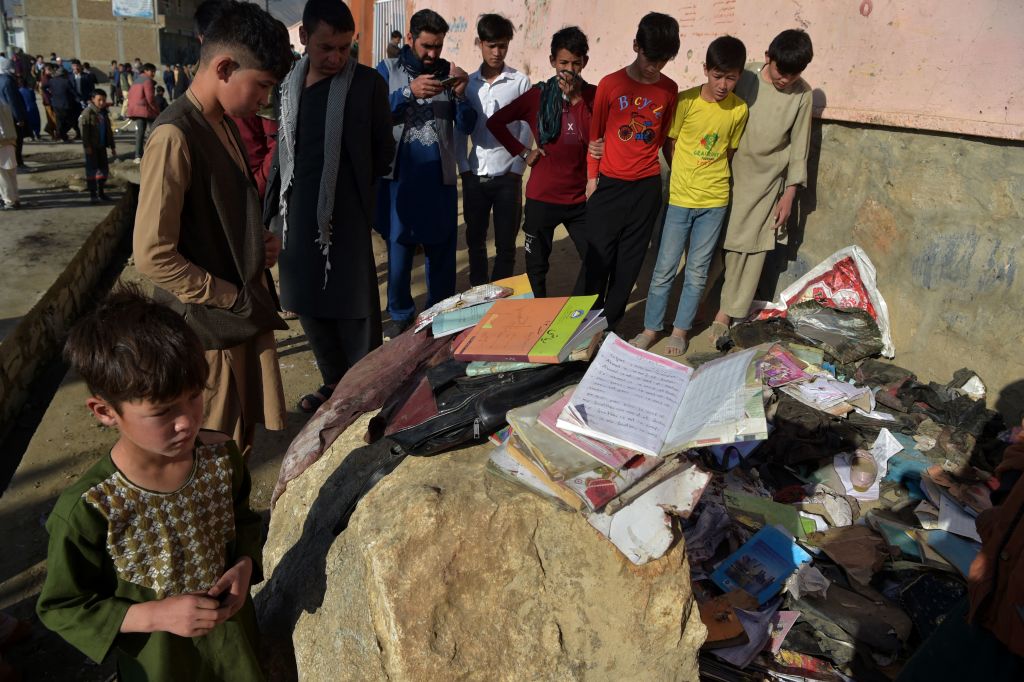 Bombing at girls' school in Kabul kills at least 50, including students
Bombing at girls' school in Kabul kills at least 50, including studentsSpeed Read
-
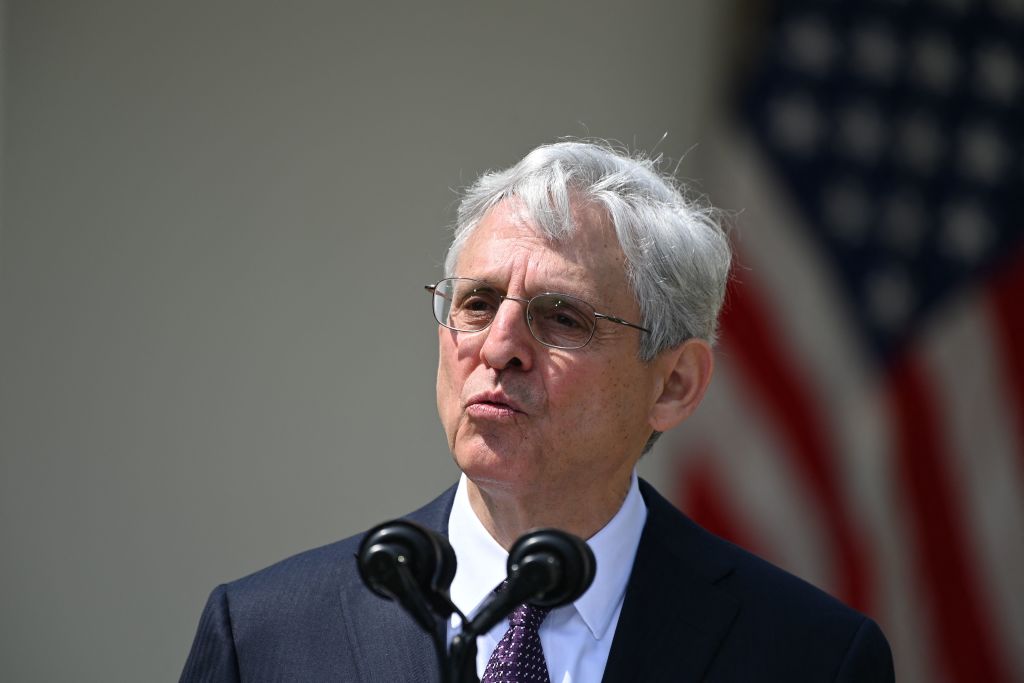 Garland says DOJ is 'pouring its resources' into stopping domestic terrorists 'before they can attack'
Garland says DOJ is 'pouring its resources' into stopping domestic terrorists 'before they can attack'Speed Read
-
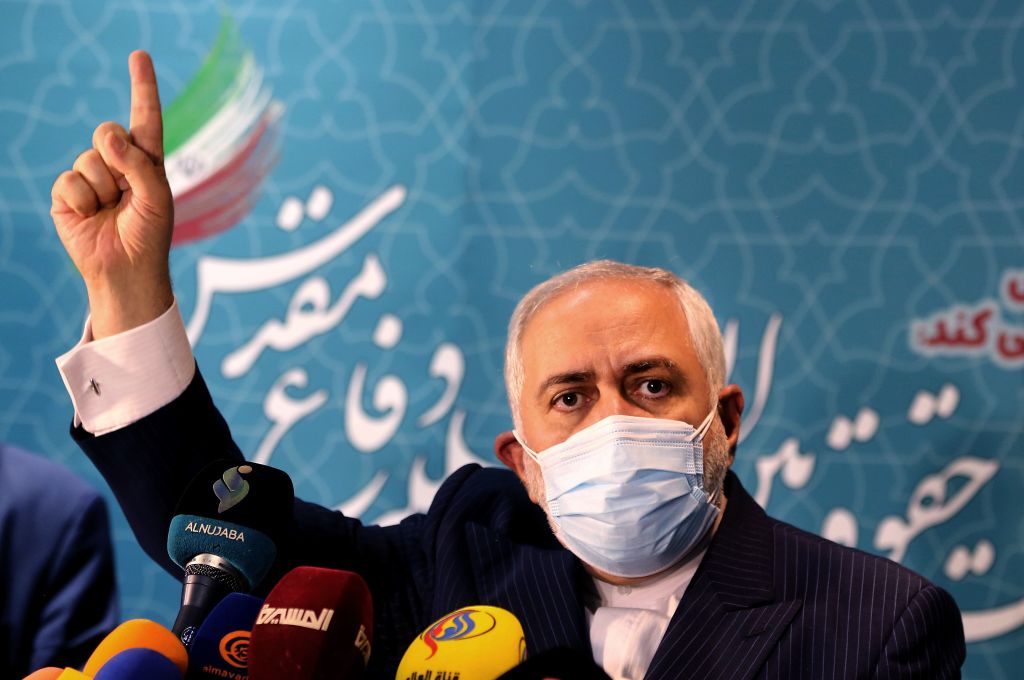 Suspected Israeli cyberattack on Iranian nuclear site complicates U.S.-Iran nuclear deal talks
Suspected Israeli cyberattack on Iranian nuclear site complicates U.S.-Iran nuclear deal talksSpeed Read
-
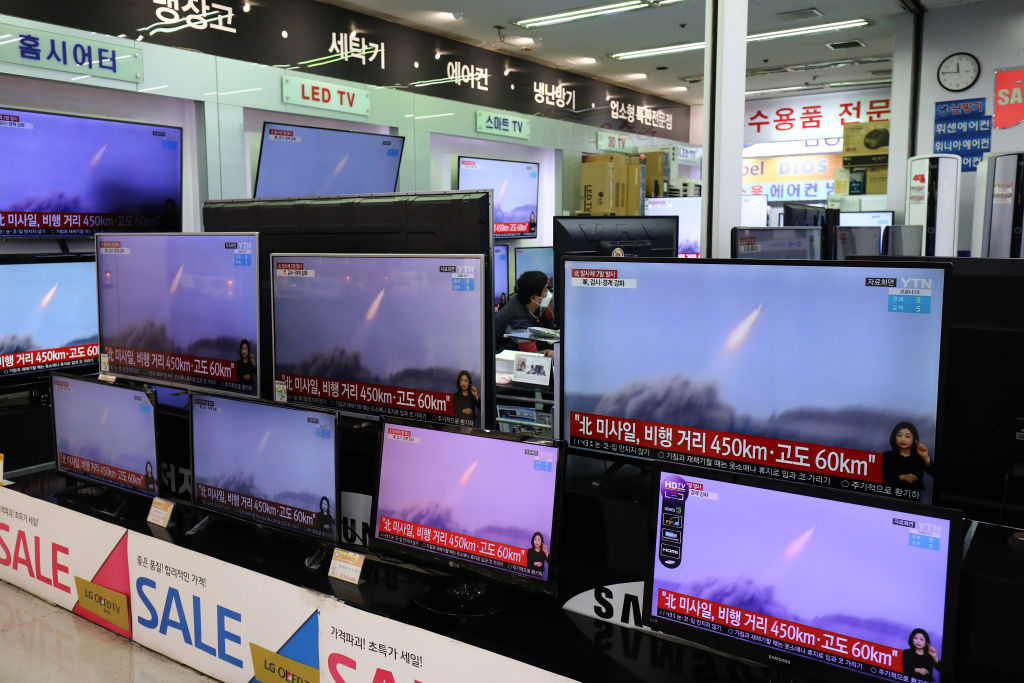 North Korea fires 2 ballistic missiles into sea
North Korea fires 2 ballistic missiles into seaSpeed Read
-
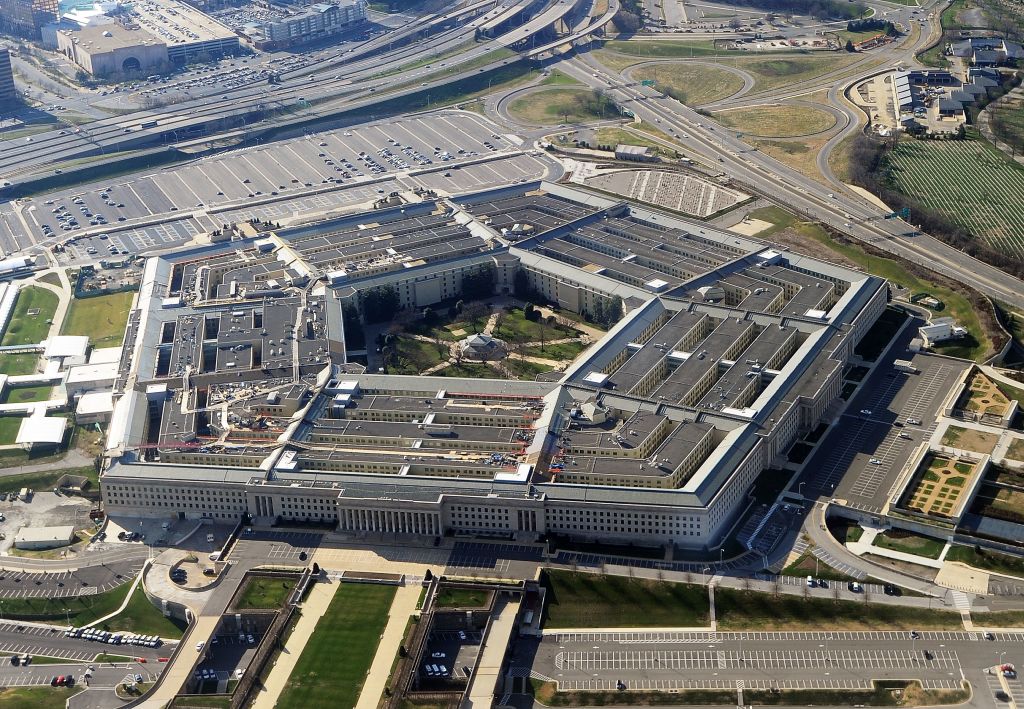 U.S. airstrikes target Iranian-backed militia facilities in Syria
U.S. airstrikes target Iranian-backed militia facilities in SyriaSpeed Read
-
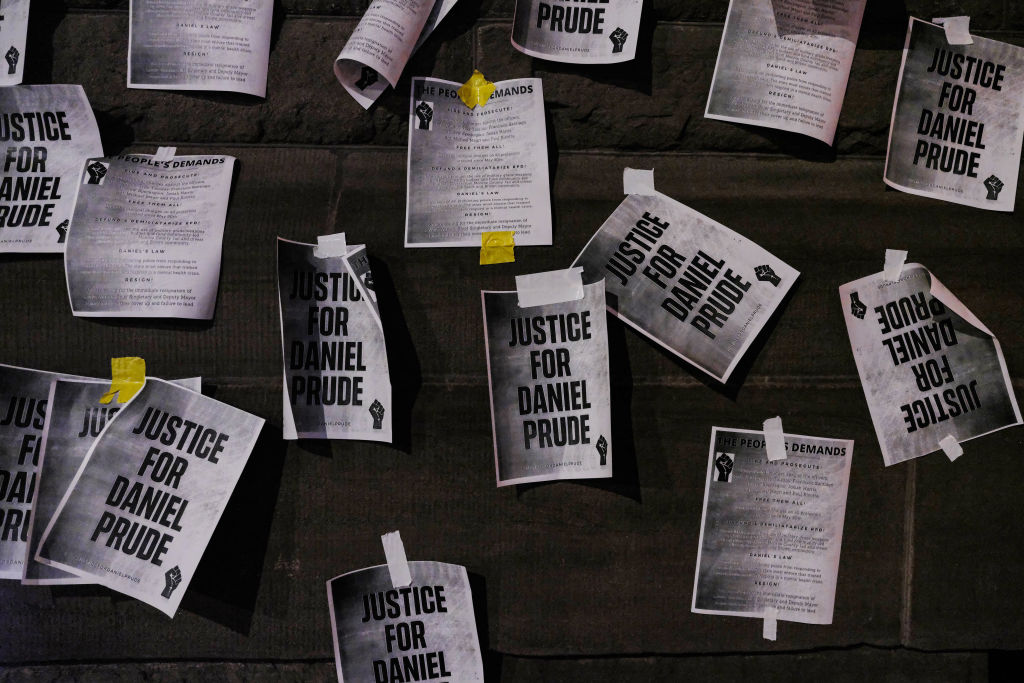 Rochester police who killed Daniel Prude during mental health crisis won't face charges
Rochester police who killed Daniel Prude during mental health crisis won't face chargesSpeed Read
-
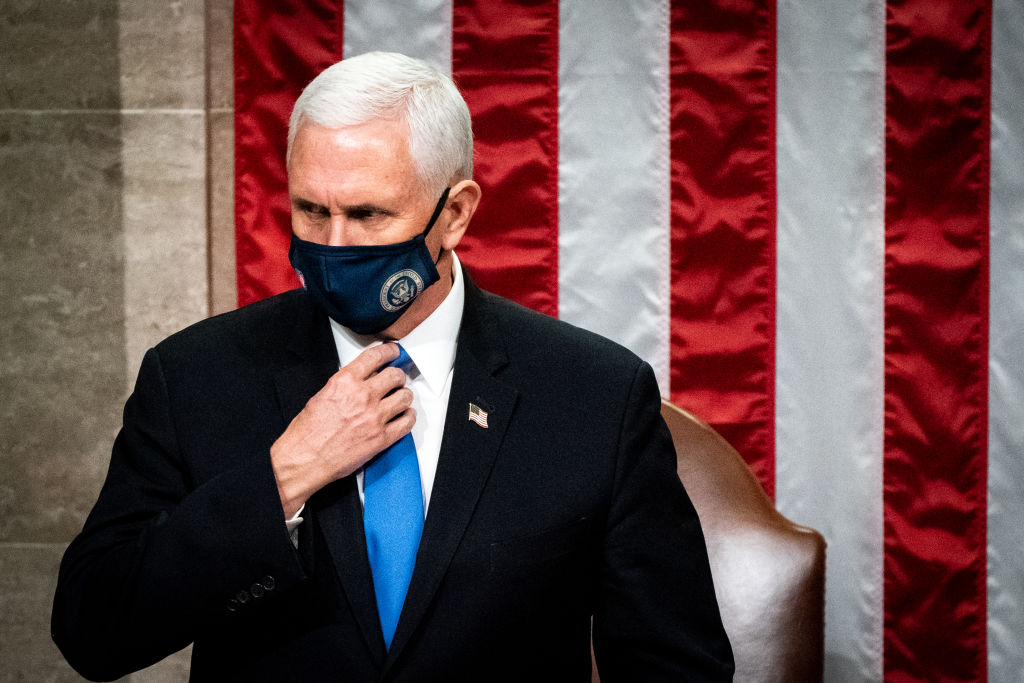 Mike Pence's 'nuclear football' was also apparently at risk during the Capitol siege
Mike Pence's 'nuclear football' was also apparently at risk during the Capitol siegeSpeed Read
-
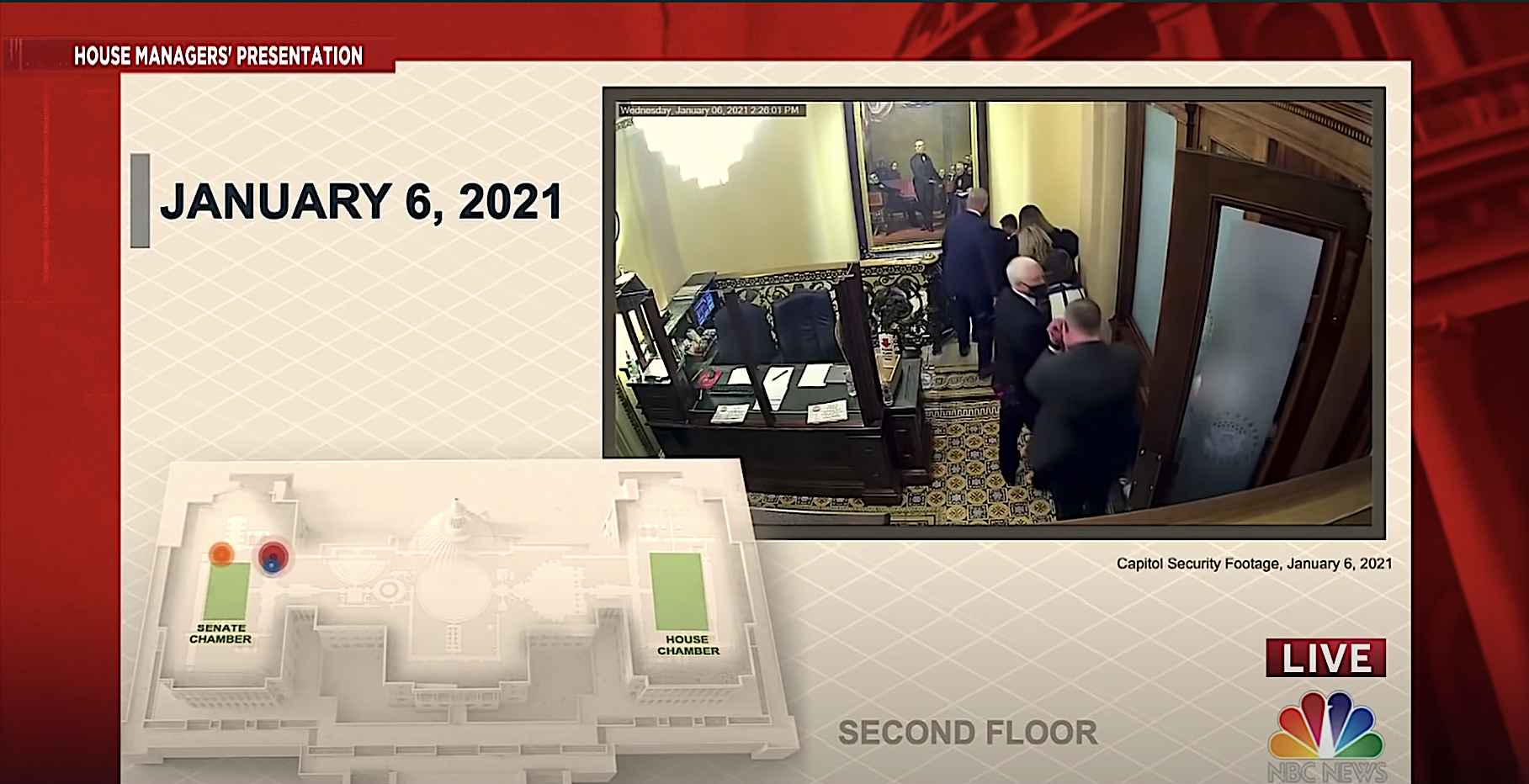 Trump publicly attacked Pence during the Capitol riot knowing Pence was in trouble, GOP senator suggests
Trump publicly attacked Pence during the Capitol riot knowing Pence was in trouble, GOP senator suggestsSpeed Read


